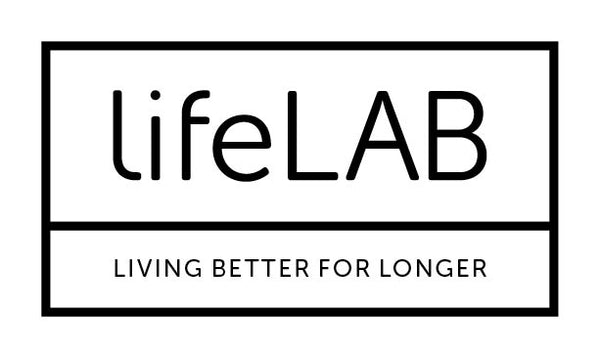June 06 2023 – Laurance Viljoen

Adult Acne
As you've grown older, you might have assumed that the issues causing teenage acne are far behind you. However, the occurrence of sporadic breakouts suggests otherwise. So, what could be the reasons behind these embarrassing pimples? Fluctuating hormone levels, cosmetic products, your skincare routine, and lifestyle decisions all play a role. In this blog, we'll examine the causes of adult acne and present effective treatments to assist you in attaining a complexion that is blemish-free and glowing.
Understanding the Causes of Adult Acne
Contrary to popular belief, acne isn't solely a result of poor hygiene or oily skin. Several factors contribute to the development of adult acne, including:
Hormonal Changes: Fluctuations in hormone levels, especially during menstrual cycles, pregnancy, or menopause, can trigger breakouts. Hormonal imbalances can lead to increased sebum production, clogged pores, and inflammation.
Stress: Chronic stress can wreak havoc on our bodies, including the skin. Elevated stress levels stimulate the release of cortisol, a hormone that can increase oil production and inflammation, leading to acne flare-ups.
Diet: Consuming high-glycemic index foods, dairy products, or foods rich in saturated fats might exacerbate acne in some individuals.
Medications: Certain medications, including corticosteroids, anticonvulsants, and hormonal treatments, may contribute to adult acne. If you suspect that your medication is causing breakouts, consult your doctor.
Effective Solutions for Adult Acne:
Cleansing: A Glycolic Acid Face Wash is an excellent acne-fighting cleanser. This alpha hydroxy acid (AHA) is derived from sugarcane and can help those with frequent breakouts or other skin concerns. For people with acne, the benefit of glycolic acid is that the peeling results in less “gunk” that clogs the pores. This includes dead skin cells and oil. With less to clog the pores, the skin can clear, and you’ll usually have fewer breakouts. Avoid harsh scrubbing, as it can aggravate acne.
Barrier Creams: Those with acne may still feel the need to opt for a barrier cream, as acne can sometimes be the result of dry, inflamed, sensitive skin. Avoid moisturisers, as they may contain comedogenic ingredients, which will only further clog pores.
Exfoliation: Incorporate a gentle exfoliant into your routine to remove dead skin cells and unclog pores. Opt for chemical exfoliants with ingredients like salicylic acid or glycolic acid, which can help treat and prevent acne.
Lifestyle Modifications:
Stress Management: Given the influence that stress can have on acne, it’s wise to take steps to reduce or relieve stress in your life. Implement stress-reduction techniques such as regular exercise, meditation, deep breathing exercises, or engaging in hobbies that bring you joy. Adequate sleep and a healthy work-life balance are also crucial for managing stress.
Balanced Diet: Consuming a well-balanced diet rich in fruits, vegetables, whole grains, and lean proteins can support overall skin health. Experiment with reducing high-glycemic foods (sugar, soft drinks, white bread, potatoes, white rice, etc) and dairy intake to see if it makes a difference for your skin.
Hydration: Drink plenty of water to keep your skin hydrated and help flush out toxins. Hydration is essential for maintaining healthy skin and can contribute to the reduction of acne.
Professional Treatments:
If over-the-counter products don't yield satisfactory results, consult your doctor for a personalised treatment plan. They can prescribe topical medications (Retinol, Azelaic Acid or topical antibiotics), oral medications or recommend procedures to target stubborn acne.
Hormonal Therapy: For cases where hormonal imbalances are the primary cause of acne, hormonal therapy may be recommended. This approach helps regulate hormone levels and reduce acne flare-ups.
The most important thing to do when tackling acne is to make sure you have an arsenal of products with science-backed ingredients. Not every product or ingredient is going to work for everyone, and many of these products need to be used consistently for a few weeks before there’s any noticeable change in your skin. If you experience flaking, light peeling or mild redness, go down with your frequency of active ingredients and remember these symptoms are usually transient. Mild redness and flaking is just a sign of skin weakness rather than sensitivity and will improve as your skin gets more tolerant and stronger. So take it slow - but be persistent.
And if you’re not seeing any results, talk to a doctor for some guidance or a prescription treatment. Adult acne can be extremely frustrating, consult your doctor for a personalised treatment plan.

0 comments